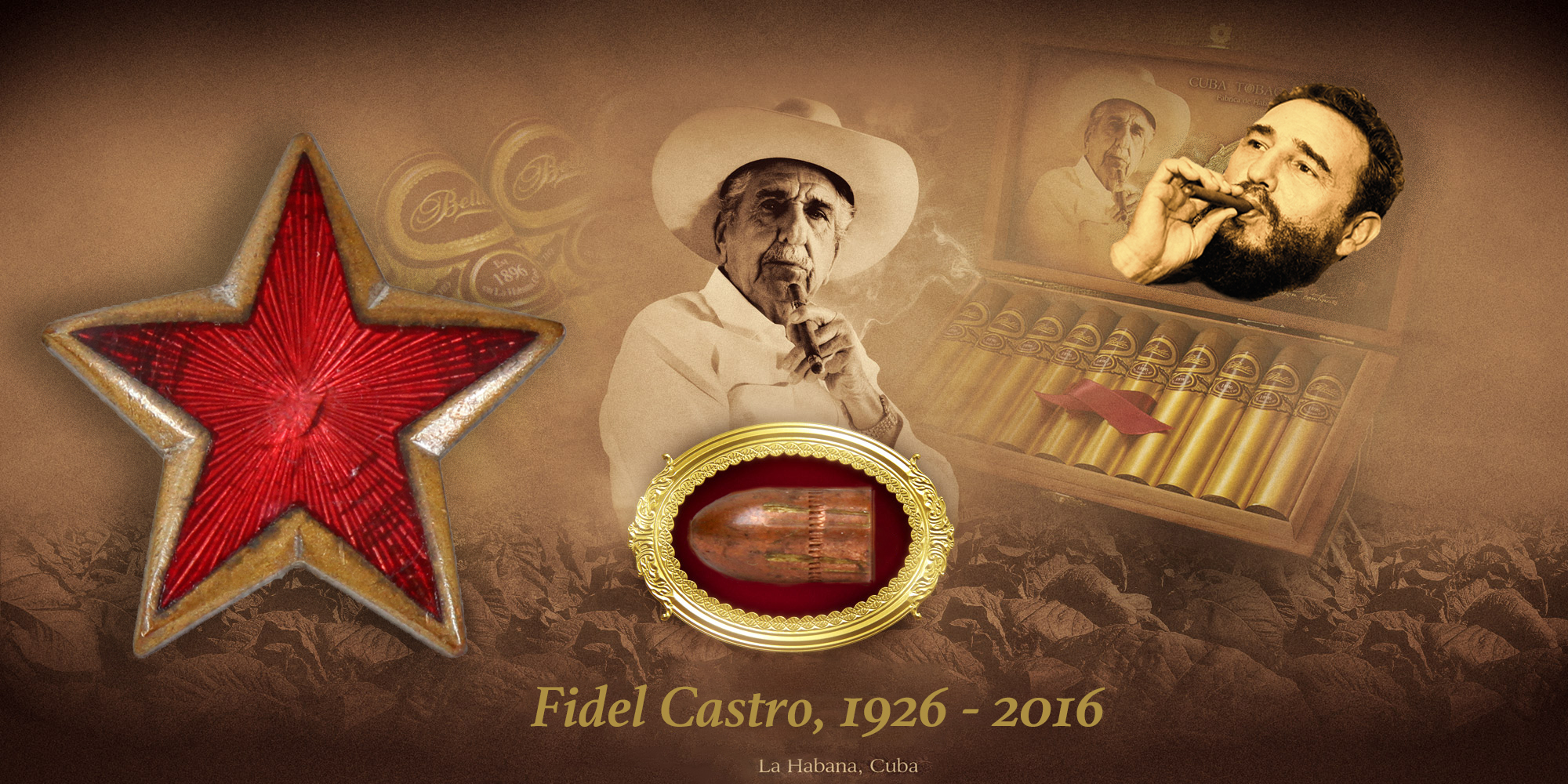Leadership
I’ve written previously about the first time I was told that I had demonstrated leadership. It was both surprising and super gratifying – for most of my life it has not been a word used often to describe me.
You see, I am a beta kinda girl. When other people make comments about my leading well, they mean it as a compliment – as if to say I’m making strides towards being a better person, or that I’ve risen above my beta tendencies. And I personally have received these comments the way they were intended – as compliments.
Because leadership is highly prized in our culture.
We talk about leadership all the time. My LinkedIn feed is full of it, church talks are full of it. We have countless leadership programmes, for youth with “potential”, for star employees, professional courses for those who want to lead, not just manage others.
Words used in conjunction with leadership include: courage, strength, innovation, vision, inspiration, giftedness. They’re all qualities intimately connected with notions of strong and positive leadership.

Followership?
But what about good followership? Not so much.
No-one has ever told me I’m a good follower. I’ve never told anyone they’re a good follower.
In fact, a “strong follower” is, almost by definition, a bad thing – it suggests someone who doesn’t think for themselves but blindly sticks by the guy in charge, whether good or bad. Meanwhile, having a “strong following” is a sign of success.
Despite the popularity of the servant leader concept – both inside and outside the Church – this concept of leadership is glorified. While I’ve met and worked with some great servant leaders, I sometimes I feel like the whole concept, while biblical, has been hijacked to allow those in charge to shroud themselves in humility.
Earned vs inherited leadership
It’s interesting how in the modern world, we talk about leadership as if it were some sort of talent. In democratic societies, we elect leaders. They have to prove themselves.
Sometimes we talk about this being an innate talent, eg. “he’s a natural-born leader”. Other times we talk about cultivating it, eg. leadership courses.
It’s funny to think there are societies – including Western society, not so long ago – where leadership is handed down from chief to son, to his son, and so on. Even in less formally patriarchal societies, there is a logic that says that age begets wisdom, and that this wisdom is what makes a person fit to lead.
For sure, this logic can be flawed and even dangerous – it did, after all, form the basis of absolute monarchies and the divine authority of kings and queens to rule. It means bad leaders can have a lot of power. It means leaders need not be subject to any sort of accountability.

But it does involve a corresponding reverence that bestows virtue on those who follow. There is a moral or ethical duty to follow because of the sacredness of leadership.
In contrast, in modern society we sling mud at leaders all the time – Twitter is a particularly convenient place to do so. Because democracy (and more recently, social media “influencing”) means that anyone can, in theory, be a leader, all the virtue has been stripped of the practice of following. Why follow when you, too, can lead?
It seems there is no prize for faithfulness.
I wonder if this dynamic hasn’t turned both our concept of leading and of following inwards. We’re taught that we should strive to be a leader and to lead ourselves well in the meantime, and that the only thing we should follow is our heart. I wonder if this trend isn’t why we’ve become poorer at listening to one another.
Following well
We are not taught to follow well. We are taught to question everything, find our own truth. What if we were schooled, instead, to have the sound judgment to know who and what to follow? What if we were trained to develop the wisdom to follow not blindly and unquestioningly but with clarity and informed commitment?

The thing is, even if it’s not cool to be a follower, we are very much vulnerable to influence. Whether it’s conscious or unconscious, we are led by trends and fads, marketing and media, the friends we choose for ourselves, our own fears and insecurities. We can believe we’re independent people, leaders even, without even realising the forces we follow.
If we paid more attention to followership, cultivated wisdom here, I think, then, we would be a society that honoured its citizens, honoured each other. We would know ourselves better.
So my question is: who or what is leading you? Who or what do you follow?
Header image: Chandler Chen.
For a couple of career-focused perspectives on followership, check out the 1988 Harvard Business Review article “In Praise of Followers” and the 2020 Business News Daily article “The Art of Followership”.
My post on being a beta girl here.





1 comment